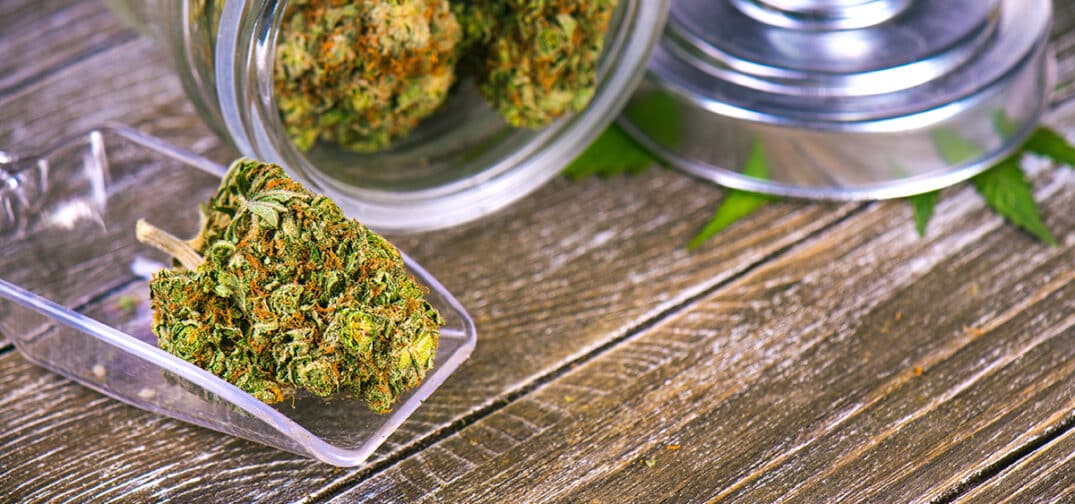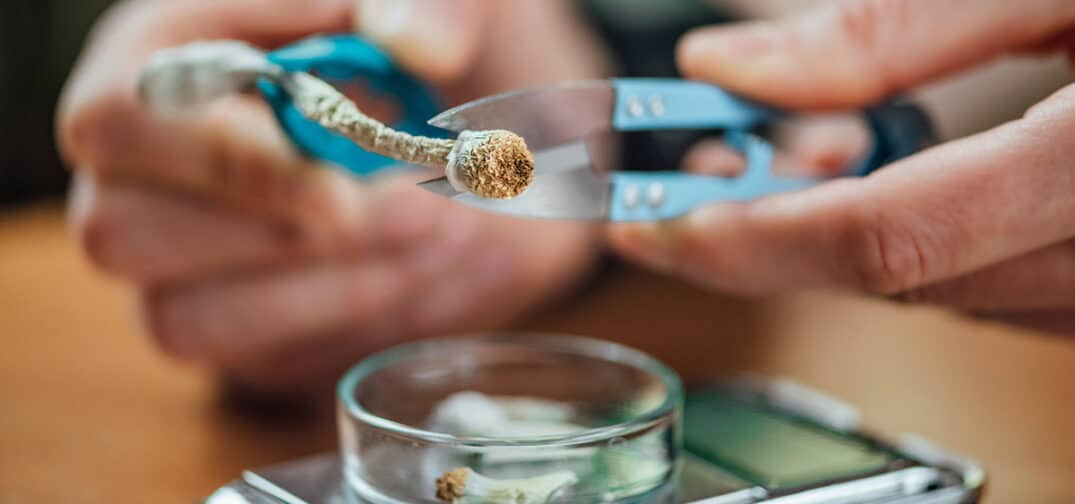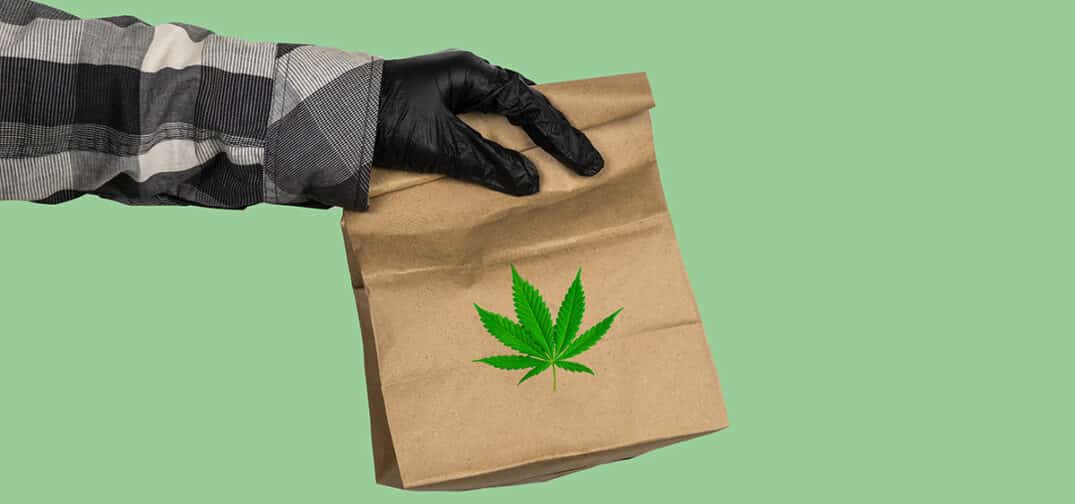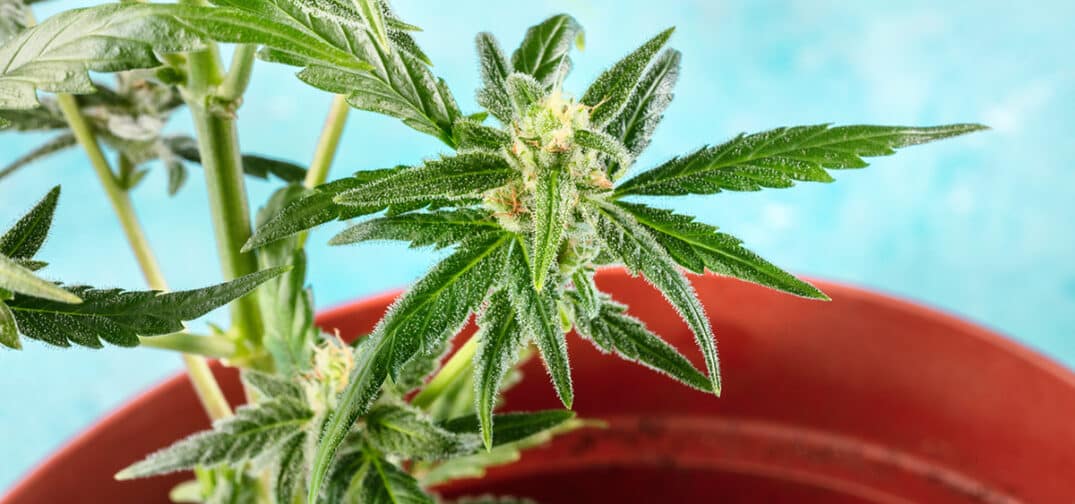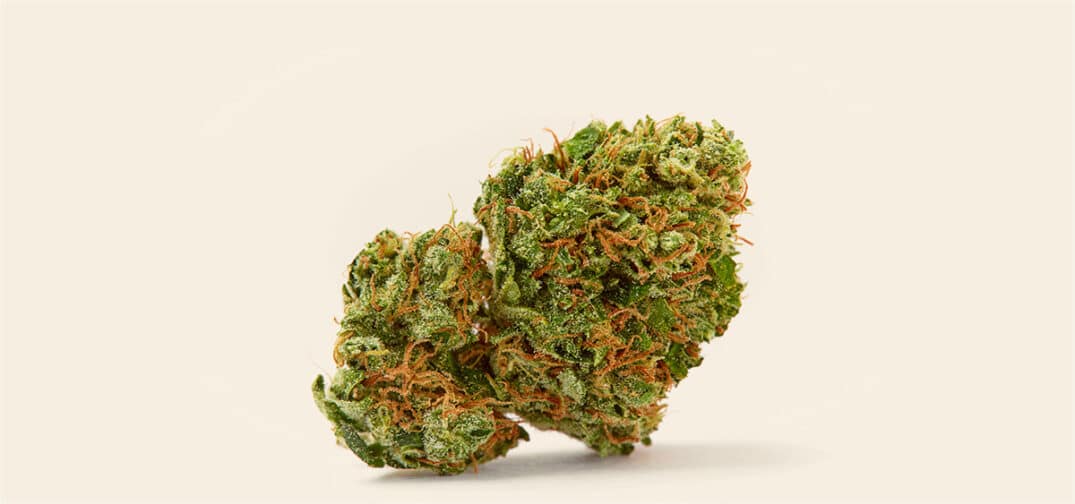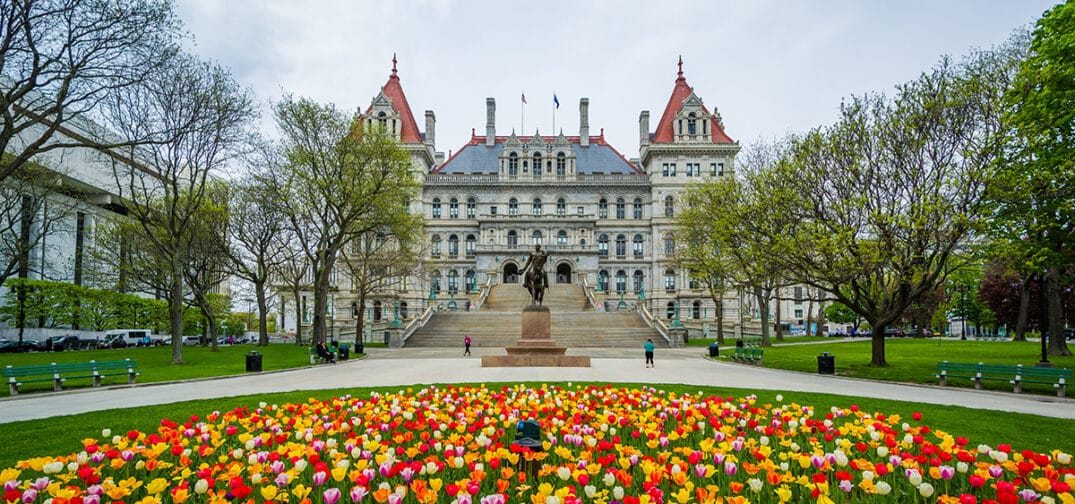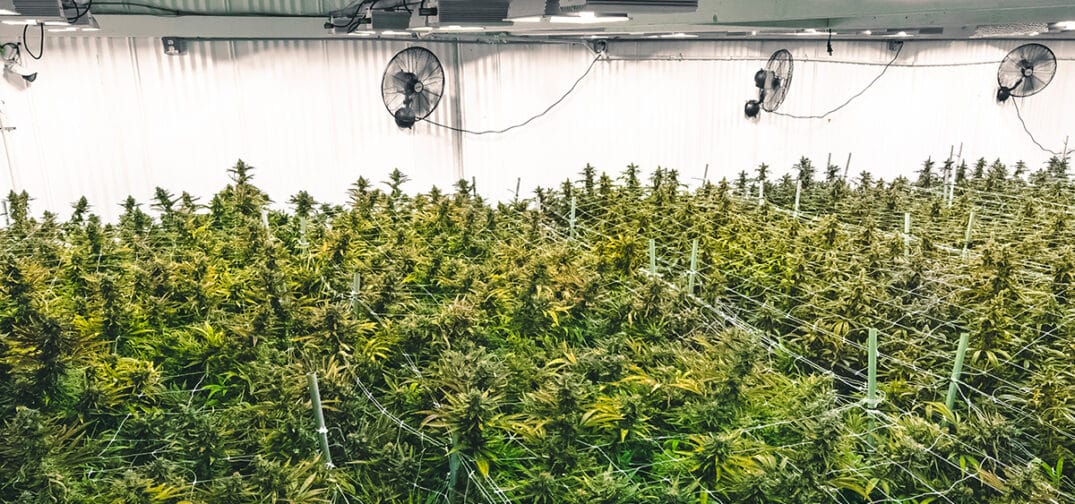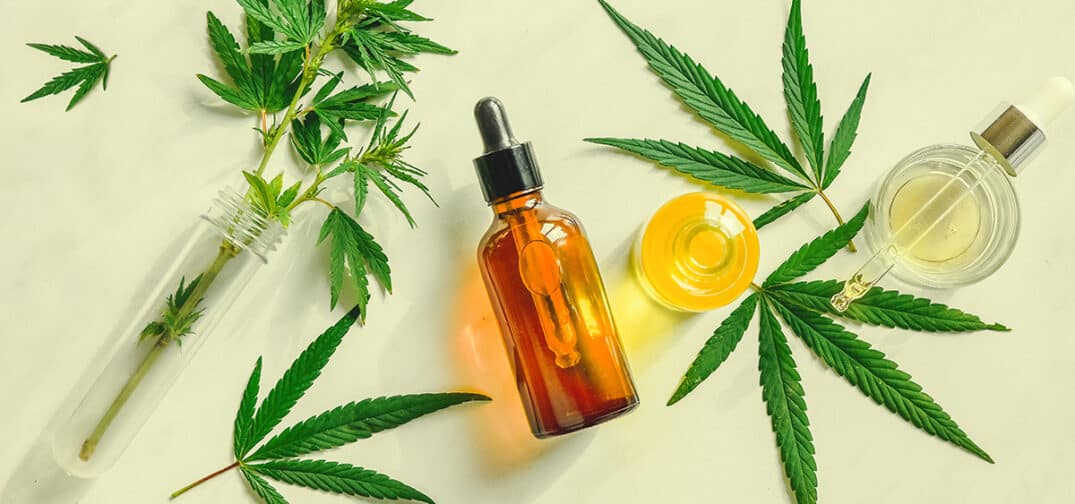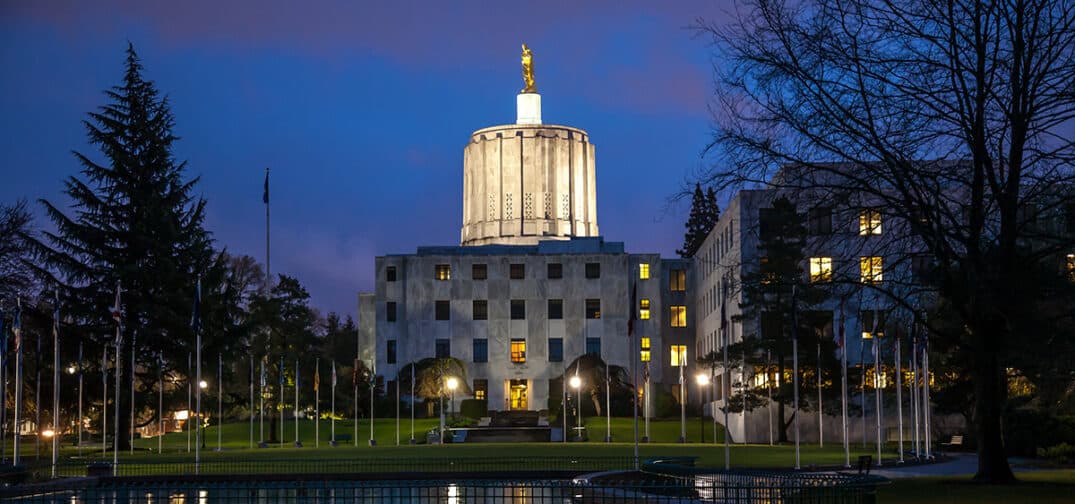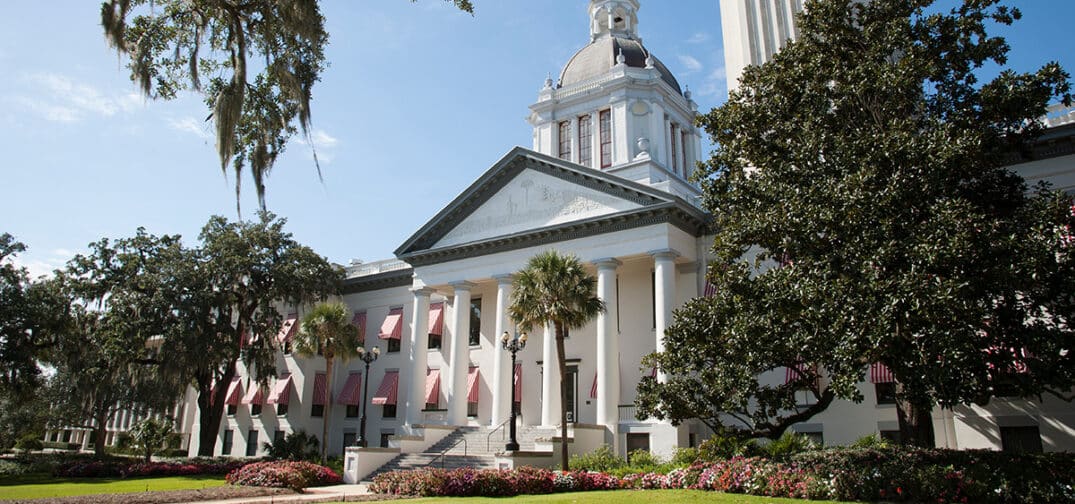“Freedom Grams” Created by Industry Coalition Continues to Advocate for the Release of More than 40,000 People in the U.S. Still Incarcerated for Non-Violent Cannabis Possession
NEW YORK (May 3, 2023) — April 20, 2023, was the one-year anniversary of the non-profit cannabis brand Freedom Grams, launched by cannabis platform provider AROYA, retailer and manufacturer GABY Inc., and non-profit Last Prisoner Project. Each pack of Freedom Grams comes in the exact amounts of cannabis for which people are still in prison. All proceeds from Freedom Grams are funding the release of cannabis prisoners, as well as general cannabis justice reform.
Coming off the heels of 4/20, the biggest day for cannabis in the U.S., limited edition Freedom Grams kits are being sent out to influencers, journalists, and policymakers to amplify Freedom Gram’s message of cannabis criminal justice reform. Each box includes branded accessories to remind cannabis consumers of the double standards in the treatment of cannabis prisoners.
“We launched Freedom Grams to bring people together and create a real connection to cannabis prisoners. It’s great to see that more partners have joined us in this fight,” says Christian Hertel, VP of Marketing at AROYA.
Freedom Grams has received many accolades and recognition in the industry with a Grand Clio at Clio Cannabis and several other awards including the Cannes Lions International Festival of Creativity, New York Festival, The One Show, and more.
Launched through California-based dispensary Mankind, Freedom Grams has connected with many more partners in the industry including Ball Family Farms and Dewey Cannabis Co. The initiative has expanded its reach to new states like Washington with over 60 retail partners.
Freedom Grams is an open-source brand. This means that other industry participants — growers, retailers, brands, or individuals — can join by creating Freedom Grams labels for their own product, with every partner donating their proceeds to Last Prisoner Project. The group was formed with one goal in mind: to work toward the release of people imprisoned for nonviolent cannabis offenses.
“I am happy to support Freedom Grams and the work they do in partnership with Last Prisoner Project to free the tens of thousands of people currently serving time for cannabis. There are multiple ways to support our incarcerated cannabis community, and this is a crucial one,” says Stephanie Shepard, Partnerships Manager at Last Prisoner Project.
Since October 2022, which saw President Joe Biden’s pardon of federal prisoners convicted for simple cannabis possession, the government has not made much progress. It took five months for pardon applications to open up and in its current state, it does not apply to state-persecuted individuals. All this while the cannabis market is estimated to reach over 31.8 billion USD in sales by the end of 2023.
Last Prisoner Project’s policy team has been working around the clock to ensure cannabis legislation across the country contains resentencing and record-clearing mechanisms. One of the big initiatives they launched in 2023 was the Pardons to Progress campaign, which urges governors to issue clemency grants to those incarcerated on state-level marijuana charges.
“Freedom Grams is a reminder that the fight doesn’t end with legalisation. It ends when every cannabis prisoner can go back home and be reintegrated into society without a record,” concluded Christian Hertel, VP of Marketing at AROYA.
Freedom Grams is an initiative by AROYA in partnership with Last Prisoner Project and GABY Inc., idea and execution by Serviceplan Group, together with design studio Moby Digg, type designer Michael Clasen, and creative coder Daniel Kuhnlein.
About AROYA
AROYA is a cannabis production platform. They specialise in cultivation sensors and analytical software for producing high quality yields. They believe in using the power of data to empower their consumers. Visit www.AROYA.io for additional information.
About Last Prisoner Project
The Last Prisoner Project (LPP) is a non-profit organisation dedicated to cannabis-related criminal justice reform. LPP works to redress the past and continuing harms of inhumane and ineffective laws and policies.
About GABY Inc.
GABY Inc. is a California-focused retail consolidator and the owner of Mankind Dispensary, one of the oldest licensed dispensaries in California. Mankind is a well-known, and highly respected dispensary with deep roots in the California cannabis community operating in San Diego, California. GABY curates and sells a diverse portfolio of products, including its own proprietary brands and distributes all its proprietary brands through its wholly-owned subsidiary, GABY Manufacturing.
About Serviceplan Group
Serviceplan Group is one of the largest independent, partner-managed agency groups worldwide. Serviceplan Group has developed the concept of the “House of Communication” — a fully integrated agency model that combines all modern communication disciplines from the areas of creative and content, media and data, and experience and technology commerce under one roof.

